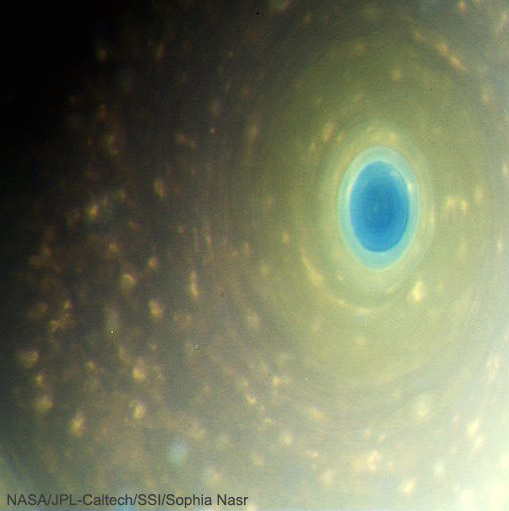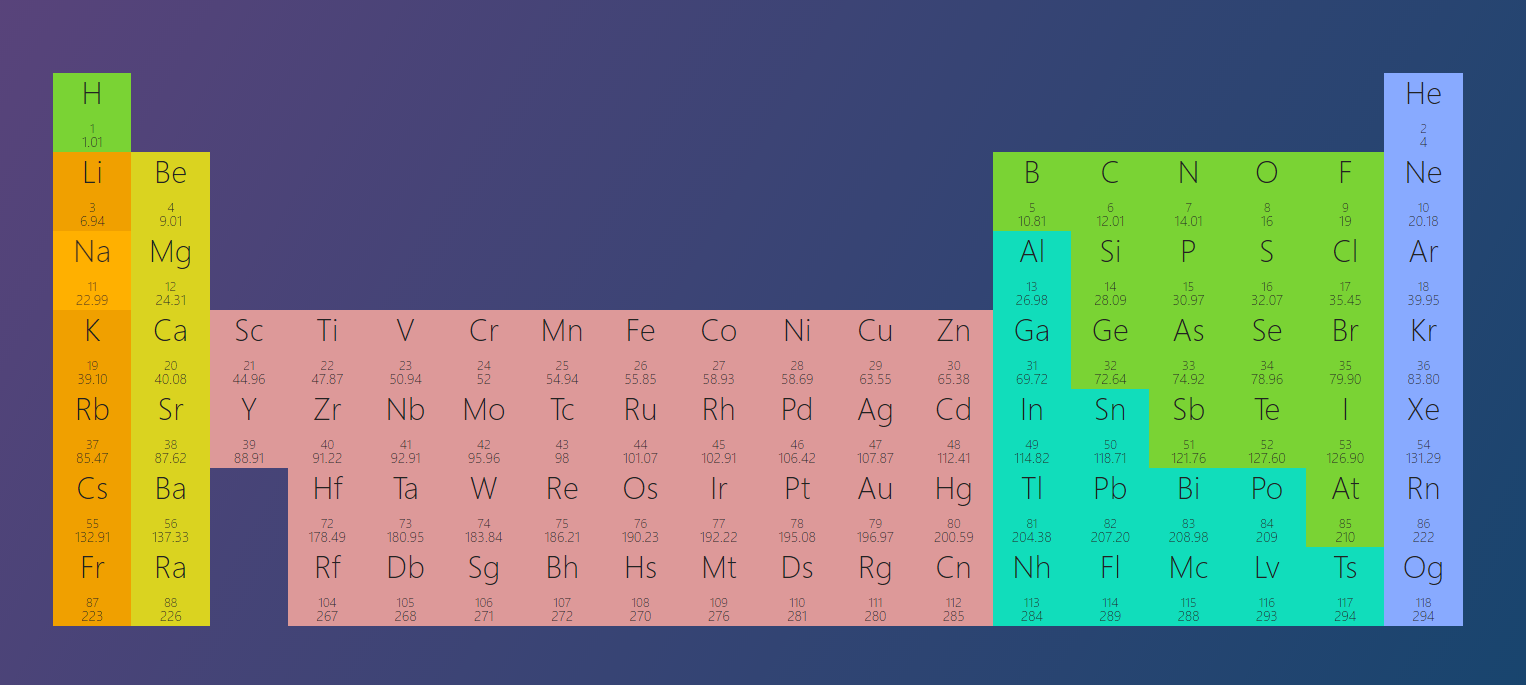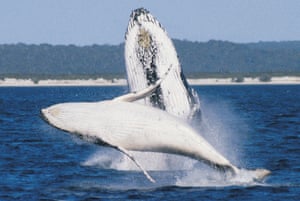via the Guardian by Germaine Leece

‘The writers’ festival is more than an event celebrating authors, it also celebrates the power of literature and the power of you, the reader.’ Photograph: Ian Crysler/Getty Images/First Light
The understanding that literature can comfort, console and heal has been around since the second millennium BC; it is no coincidence that Apollo was the god of medicine as well as poetry.
As a bibliotherapist, I’m interested in the therapeutic value stories have to offer us, particularly during times of stress. Here the intent around reading is different; the value of the story lies solely in our emotional response to it.
One of the greatest arguments for using literature as therapy was posited by the Renaissance essayist Michel de Montaigne, who believed there were three possible cures for loneliness: have a lover, have friends and read books. But he argued sexual pleasure is too fleeting and betrayal too common, and while friendship was better it always ended with death. Therefore, the only therapy that could endure through life was the companionship of literature.
Continue reading
=============================
via Science Blogs by Ethan
“End? No, the journey doesn’t end here. Death is just another path, one that we all must take. The grey rain-curtain of this world rolls back, and all turns to silver glass, and then you see it.” -J.R.R. Tolkien
Stars live for a variety of ages, from just a million or two years for some to tens of trillions of years for others. But even after a star has run out of its fuel and died, its stellar corpse continues to shine on. Neutron stars and white dwarfs are both extremely massive, but very small in volume compared to a star. As a result, they cool very slowly, so slow that a single one has not yet gone dark in all the Universe.
Continue reading
=============================
via Interesting Literature
A summary of Donne’s classic poem
‘To His Mistress Going to Bed’ has been called the greatest verbal striptease in English verse. In this poem, John Donne (1572-1631) encourages his lover to undress for him, in one of the most deeply erotic love poems (‘lust poems’?) in the English language. How Donne captures his mounting excitement in ‘To His Mistress Going to Bed’ deserves careful analysis. We include the poem below.
Continue reading
=============================
via Boing Boing by Andrea James

Astroparticle physicist Sophia Nasr posted a gorgeous photo of Saturn’s north pole, processed to account for a luminance layer. Instead of a reddish hue, it is a breathtaking cerulean blue. Jason Major replicated the results.
Continue for more breath-taking images
=============================
via The New Statesman by Catherine Merridale
The Soviet state was born in violence and shaped with merciless determination. Lenin played a central role in its creation.

A hundred years after he came to power, Lenin’s is a face that everyone recognises. We all have our impressions of the man: my own include a marble version by the coat racks in a Russian archive where I work in Moscow, and a lump of a statue on the square nearby. In Soviet times, almost all public buildings had a portrait of the leader on display, although when it came to private space a calendar with kittens was what most people preferred.
Continue reading
=============================
via Boing Boing by Rob Beschizza

Periodic Stats is a dead-easy web-based Periodic Table to click around, showing all the stats and the history of each element. The only thing missing are illustrations of each one! [via Reddit]
Continue reading and get a readable version of the table!
=============================
via Science Blogs: Starts with a BANG! with Ethan Siegel
“Finding out that something you have just discovered is considered all but impossible is one of the joys of science.” -Mike BrownIn January of last year, astronomers Konstantin Batygin and Mike Brown shocked the world by proposing that there was a world larger than Earth located some five-to-ten times as distant as Neptune. That this world – known as Planet Nine – was causing the ultra-distant Kuiper belt objects we’d discovered so far to all have predicable, peculiar properties. And the observations matched up really well.
Continue reading
Rude words – the image would not copy to https. It is worth linking through just to see it.
=============================
via OUP Blog by Shadaab Rahemtulla

The Holy Qur’an, by Amr Fayez. CC-BY-2.5 viaWikimedia Commons
The Qur’an has emerged as a rich resource for liberation. Over the past several decades, Muslims across the world have interpreted the Qur’an to address the pressing problem of oppression, discerning in the text a progressive message of social justice that can speak to contexts of marginalization, from poverty and patriarchy to racism, empire, and interreligious communal violence. These justice-based interpreters of the Qur’an have produced a complex and sophisticated body of work. I won’t even attempt here to summarize their extensive scholarship. But the core, the conceptual heart of their work, can be summed up in two main points.
Continue reading
=============================
via the Guardian by Agence France-Presse

Whales are known for their loud calls, but scientists believe humpback mothers and their calves whisper to each other as a survival technique. Photograph: Trish Franklin
Newborn humpback whales and their mothers whisper to each other to escape potential predators, scientists reported Wednesday, revealing the existence of a previously unknown survival technique.
“They don’t want any unwanted listeners,” researcher Simone Videsen, lead author of a study published in Functional Ecology, said.
“Potential predators such as killer whales could listen to their conversations and use that as a cue to locate the calf and predate on it.”
Continue reading
=============================
My Cousin Lenny: Remembering Leonard Bernstein
via Arts & Letters Daily: Paula Marantz Cohen in The Smart Set

Growing up in suburban New Jersey during the 1960s, I always thought of Leonard Bernstein as a kind of distant cousin. All Jewish families who had emigrated from Eastern Europe had people evocative of Bernstein – charismatic, larger-than-life talents who seemed to skirt danger.
It’s not entirely clear whether Lenny, as his friends called him (though his grandmother had insisted on calling him Louis, his given name) was a child prodigy, only that he loved music from an early age and was branded a genius when he arrived at Harvard. His genius showed most dramatically in his energy and inventiveness – a restlessness that some saw as a tragic flaw.
No comments:
Post a Comment